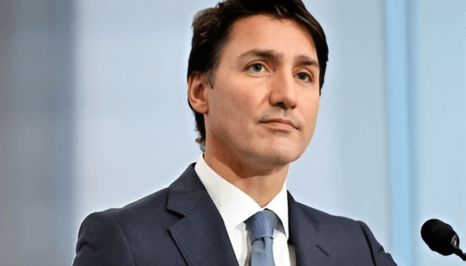
New Delhi — A wave of unrest has erupted among Indian student graduates in Canada over new federal immigration policies that threaten their stay in the country. Hundreds of these graduates have taken to the streets, camping out in front of the legislative assembly in Prince Edward Island, and staging similar demonstrations in Ontario, Manitoba, and British Columbia.
The crux of the controversy? A recent shift in Canadian immigration policy that aims to cut permanent residency nominations by 25% and impose stricter limits on study permits. This move has left over 70,000 international students, many from India, grappling with uncertainty about their futures.
For years, Canada has been a beacon for international students seeking better opportunities. Indian students, in particular, have invested heavily in their education and future prospects, driven by dreams of permanent residency and a new life in North America. Now, they face the looming threat of deportation as their work permits near expiration at the end of this year.
One such student, Mehakdeep Singh, expressed his frustration and disappointment: “I spent the most crucial six years of my life taking many risks to come to Canada. I studied, worked, paid taxes, and earned enough CRS points, but now it feels like the government has just taken advantage of us.”
Singh, like many others, had exhausted his family’s savings on tuition fees with the hope of securing a permanent spot in Canada. However, the new policies have thrown a wrench into those plans, amplifying fears among the international student community.
The Canadian government’s decision comes amid a backdrop of rapid population growth, with immigration accounting for nearly 97% of last year’s increase. Prime Minister Justin Trudeau’s administration faces mounting pressure to address the surge of temporary residents amid a housing and job market crisis. Trudeau, trailing in election polls, has pledged to reduce the number of temporary foreign workers and tighten the rules on work permits, particularly in regions with high unemployment rates.
Employment and Social Development Canada (ESDC) reports a significant rise in temporary foreign worker permits, up 88% from 2019, which has led to criticism that employers are using these permits to sidestep hiring local talent. The new policy will restrict work permits in regions with unemployment rates of 6% or higher, though agriculture, food processing, construction, and healthcare sectors will be exempt.
“We’re looking at the various streams to make sure that as we move forward, Canada remains a place that is positive in its support for immigration but also responsible in the way we integrate and ensure pathways to success for everyone who comes to Canada,” Trudeau said.
The International Sikh Student Organization and other advocacy groups argue that the real issues with employment and housing are rooted in broader policy failures, not the influx of international students.
As the debate continues, the future of thousands of Indian students hangs in the balance, casting a spotlight on Canada’s evolving immigration landscape and the impact on those who have made significant sacrifices in pursuit of their dreams.





























